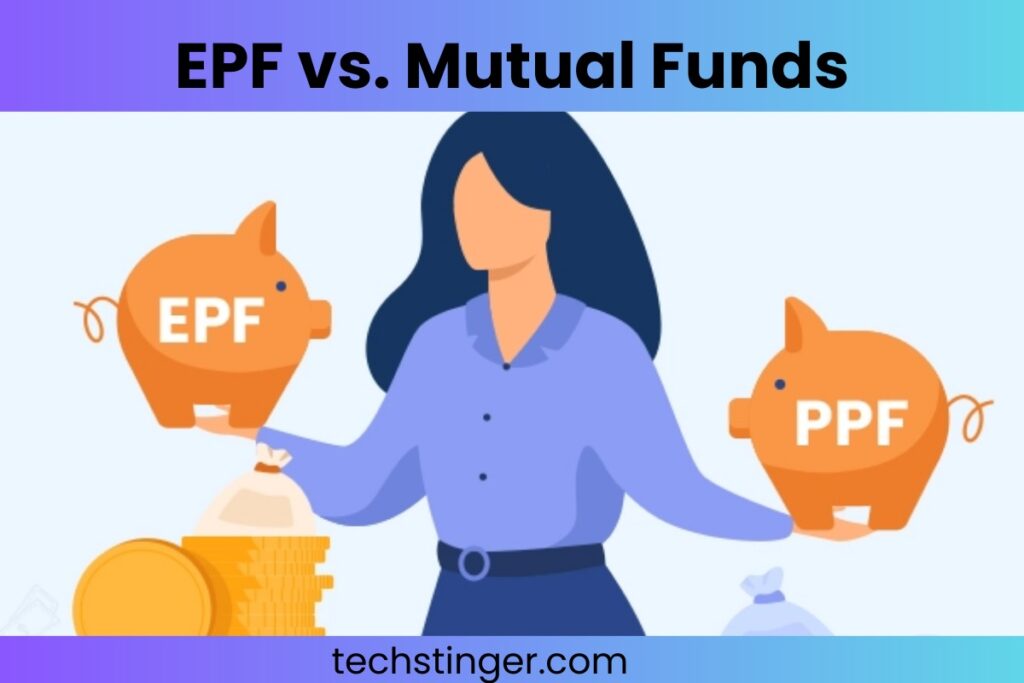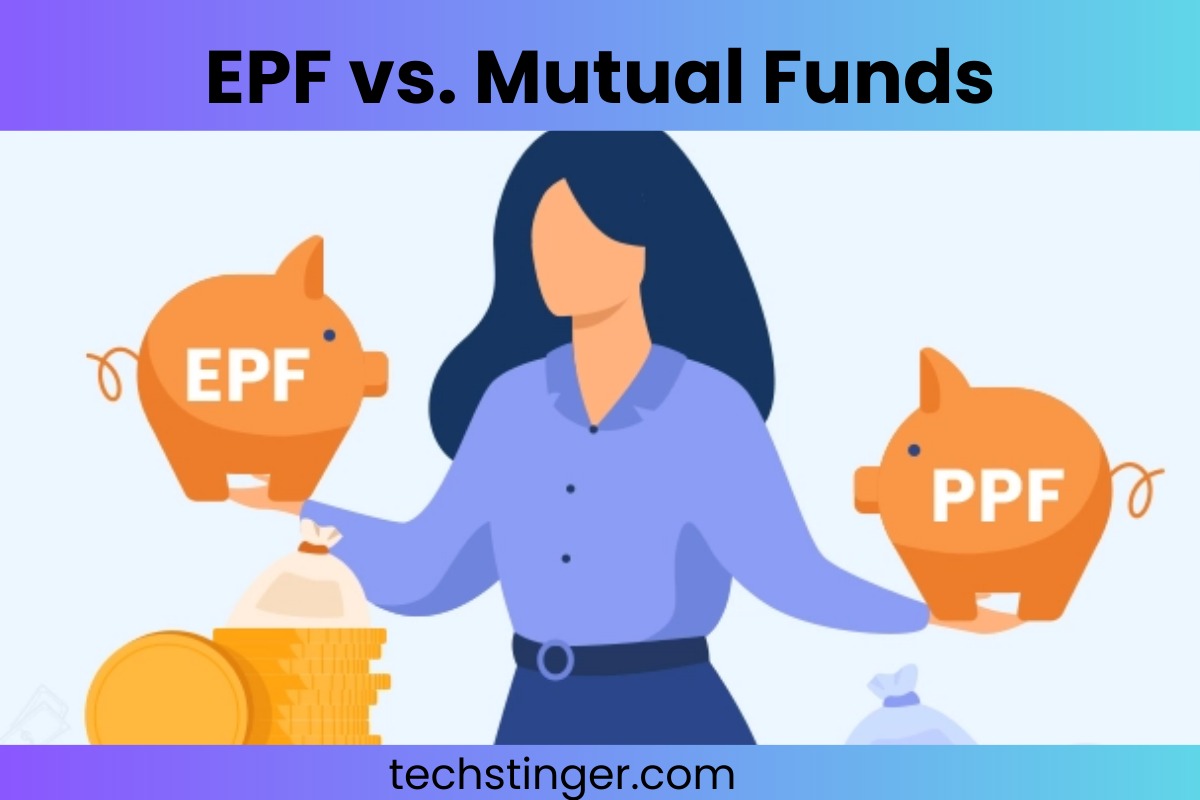EPF vs. Mutual Funds: Which Investment Avenue is Right for You?

Investing your hard-earned money is a crucial step towards securing your financial future. As an aspiring investor, you may find yourself contemplating between two popular investment avenues – the Employee Provident Fund (EPF) and Mutual Funds. Each option has its own set of benefits and considerations, making the decision complex. In this article, we will delve into the differences and similarities of these investment choices, helping you make an informed decision tailored to your financial goals.
1. Understanding the EPF (Employee Provident Fund)
The Employee Provident Fund is a government-backed retirement savings scheme available to employees in India. It is a compulsory deduction from your monthly salary, which both you and your employer contribute to, ensuring a corpus is built over time. The EPF is known for its safety and stability, making it an attractive option for risk-averse investors.
Key Features of EPF:
- Tax Benefits: The EPF offers tax benefits under Section 80C of the Income Tax Act, allowing you to save on taxes.
- Fixed Interest Rates: The interest rates on EPF contributions are determined by the government and are generally higher than standard savings accounts.
- Retirement Focused: As it is a retirement-oriented scheme, the EPF aims to build a substantial corpus for financial security during your post-employment years.
2. Unveiling Mutual Funds
Mutual Funds, on the other hand, are a diversified investment option that pool money from multiple investors and invests it in a portfolio of stocks, bonds, or a combination of both. Managed by professional fund managers, mutual funds offer higher growth potential but come with inherent market risks.
Key Features of Mutual Funds:
- Diversification: Mutual Funds invest in a variety of securities, reducing the risk associated with investing in a single stock.
- Flexibility: Investors can choose from a wide range of mutual fund schemes, each catering to different risk appetites and investment goals.
- Potential for High Returns: Mutual Funds have the potential to generate higher returns compared to traditional investment options over the long term.
3. Risk and Returns: EPF vs. Mutual Funds
When considering an investment, understanding risk and potential returns is crucial. The EPF is considered a low-risk investment with stable returns, ideal for conservative investors who prioritize safety over growth. However, due to conservative investments, the returns may not always beat inflation, resulting in reduced purchasing power.
Mutual Funds, on the other hand, present a higher level of risk due to market fluctuations. The returns are market-driven, and while they may provide substantial growth in favorable market conditions, there is also a possibility of temporary losses during market downturns.
4. Liquidity and Lock-In Period
EPF comes with a lock-in period, where withdrawals are restricted until retirement, unemployment for two months, or in specific exceptional circumstances. While this ensures long-term savings, it may not be the best option if you need liquidity in case of emergencies.
In contrast, mutual funds offer more liquidity, allowing you to redeem your investments partially or entirely at any time. However, some mutual funds may also have lock-in periods, depending on the type of scheme you choose.
5. Making the Right Choice
Choosing between EPF and Mutual Funds depends on your financial goals, risk tolerance, and investment horizon. For long-term financial security and guaranteed returns, EPF can be a solid choice. On the other hand, if you have a higher risk appetite and seek potential for higher returns, Mutual Funds may suit you better.
Conclusion
In conclusion, both EPF and Mutual Funds have their merits and cater to different investor preferences. EPF offers stability and security with fixed returns, while Mutual Funds provide growth potential with higher risks. As an investor, it’s essential to assess your financial goals and risk tolerance carefully before making a decision. If you desire a balanced approach, a combination of both EPF and Mutual Funds might be the ideal solution.
Remember, consulting with a financial advisor can help you gain better clarity and design an investment portfolio tailored to your needs. Whether you choose the safety of EPF or the growth potential of Mutual Funds, consistent and disciplined investing is key to achieving your financial aspirations. So start investing wisely and secure a brighter financial future for yourself and your loved ones. Happy investing!

